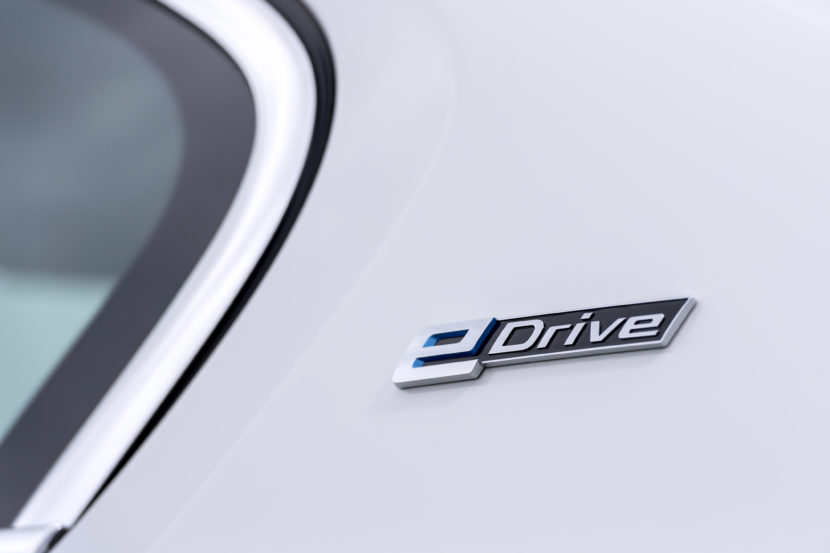Even though BMW brand vehicle sales came up second over the course of 2017, behind Mercedes-Benz, when it comes to the entire BMW Group, the Bavarians managed to outpace the Stuttgart-based company and its smart subsidiary. It’s a bit of a technical win but when combined, BMW, MINI and Rolls-Royce sales added up to 2,463,526 over the last 12 months, while Mercedes-Benz and Smart accounted for 2,424,369 units.
BMW Group’s sales went up by about 4.1 percent over the course of 2017 while Mercedes-Benz cars sales went up 8.8 percent last year. In terms of brand vehicles, 2,088,283 BMW brand vehicles were sold last year, an increase of 4.2 percent overall. BMW X vehicles continued to be significant growth drivers with sales of X vehicles up 9.6% compared to the previous year, despite limited availability of the BMW X3 due to the introduction of the new generation in November.

The BMW 5 Series limousine, which underwent a model change during 2017, achieved growth of 55.2% (30,359) in December, with sales of the world’s leading premium business sedan up 6.3% (291,856) in the full year. Other models which contributed to the brand’s growth in 2017 include the BMW 1 Series (201,968 / +14.7%), and the BMW 7 Series (64,311 / +4.5%). Of course, we shouldn’t forget about the incredible milestone BMW also achieved last year, selling 103,080 electrified vehicles around the world, an increase of 65.6%.
As for Mercedes-Benz, the most popular model was the C-Class in both Sedan and Estate guises. Over 450,000 units were sold over the course of 2017 while the E-Class accounted for about 350,000 units of the grand total. Compact cars played a big part in the company’s success as well, more than a quarter of all Mercedes-Benz automobiles sold being compact cars. More than 620,000 customers worldwide took delivery of their new A- or B-Class, CLA, CLA Shooting Brake or GLA. With the new 1 Series coming out soon and the new X3 on the market, BMW is poised to catch up this year.





































































